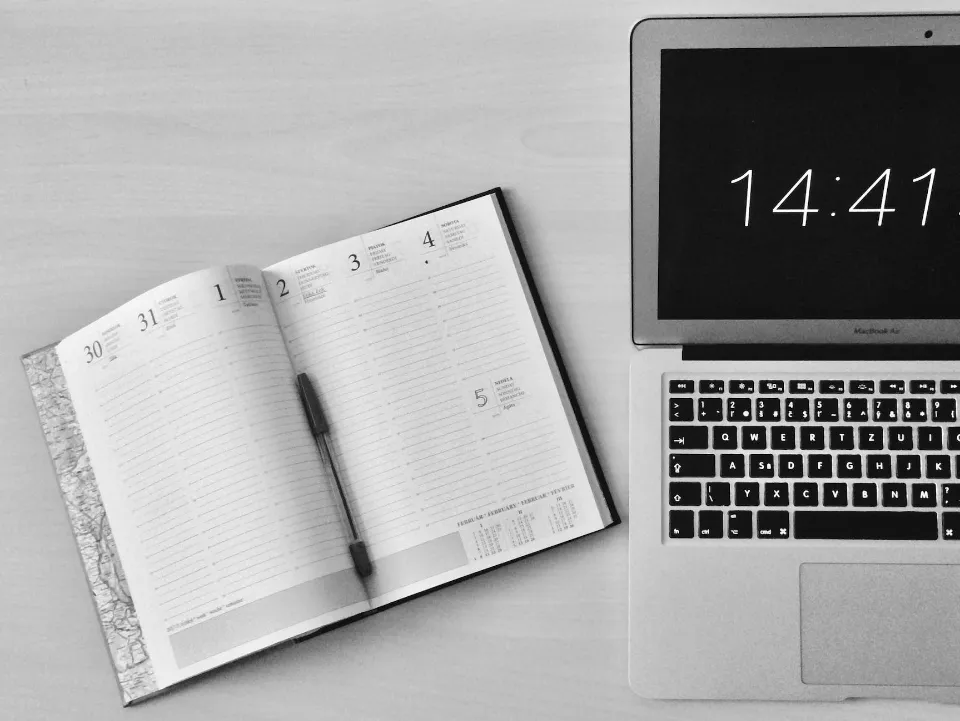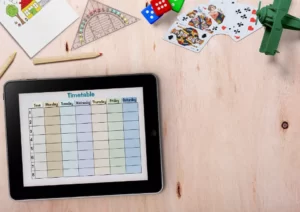
How to Manage Time in the Classroom? 10 Tips for Teachers
In order to get your students to finish their work, this post offers some time management tips you can use in the classroom.
Despite the fact that the career path appears to require more work than a day’s worth of sleep, it is manageable and possible to find extra time for activities both inside and outside of the classroom. Teachers can be more productive and give their students a better education by developing effective time management skills.
Making the most of your time with the students is essential to effective management. So how do you do it? Here are some tips teachers can use every day.
Organize the Day by Priorities
Setting priorities and planning the day’s activities around them are the first steps in effective time management for teachers. Setting priorities can assist teachers in staying on task throughout the day, even when the unexpected happens and the workload appears to be too much.
Effective prioritizing involves organizing workload according to both task importance and the impact that completed tasks will have. If a project’s results are not as significant as expected, teachers must be able to determine whether it can be postponed.
Priorities are not as black and white as “putting math and English will come first, and if there is time, projects in the arts.” Both teachers and students who think in this way may become burned out in the classroom. Within certain contexts, an impactful art or outdoor activity can be just as stimulating as academic lesson plans.

Strategically Plan Homework Assignments
Assignments that call for repeated practice may be better suited for the home environment, according to both teachers and students. Although repetitive practice during class may not be the most efficient use of time, it does assist with framing and structuring problems.
Assignments that only require students to solve a predetermined number of problems for practice waste time in the classroom.
Avoid “loaded” Procrastination
Pinell asserts that teachers find it more effective to divide up the grading materials into smaller groups that are graded daily rather than to grade the work of the entire class on the same day. Avoid piling on loads of grading assignments, and try to knock out batches at a time.
It’s simpler to manage and easier for a teacher to assess work and provide feedback to students when there is a manageable daily pile. Each batch that is finished gives teachers a feeling of accomplishment.
Plan for Potential Crises
As urgent crises can divert teachers from their objectives within the classroom, it is preferable to prepare ahead of time for potential problems before they arise. Teachers can make plans that take students’ needs into consideration, even though some issues, like natural disasters, have few solutions.
To avoid wasting class time, it is preferable to avoid or handle a crisis involving student behavior before it reaches its peak. Teachers can develop a strategy to avoid triggers and cut off distractions early by getting to know their students before they walk into the classroom.

Set Aside Personal Time
A teacher must focus on numerous tasks while also attending to the needs of students and their parents. It can be tempting to spend more time on grading, providing feedback, and attending to student needs, but it’s also important to set aside personal time to keep the priorities in the right order.
To successfully implement and carry out the plans for educating students, it is essential to prioritize time for personal needs. It’s possible that the classroom becomes less effective and efficient when teachers are exhausted from a lack of rest and time. Only a teacher who is energized, healthy, and rested can successfully implement time-saving strategies.
Set Timers
The most crucial aspect of using timers is following them. In fact, a lot of times I would set timers three to five minutes before a subject was supposed to end so I had time to wrap up whatever I needed to. Here are two timers I recommend:
- The kids can see the Kagan Cooperative Learning MegaTimer from anywhere in the room because of its size. Plus it has different ways to keep and manage time. It is worth it.
- The Time Timer– I like this one because it is very visual and does the simple task of keeping track of the time remaining
You can also use your phone for “everyday” timers. Set them to notify you when one subject ends and another one begins. Alternatively, as a prompt to visit the library.
Here is another term called “wait time” in the classroom: Why is Wait Time Important in the Classroom?
Reduce Distractions
Have your child put away unnecessary gadgets like smartphones and turn off social media notifications during the time allotted for schoolwork. Make sure they are getting enough sleep, have snacks and water available, and remember that distractions can also come from internal feelings like hunger or fatigue.

Take Regular Breaks
A lack of focus can result from working on something for too long. Every half an hour or so, they can take a brief break to rest. Consider having a change of scene, such as a short walk or a drink in the backyard. Just watch that they don’t get distracted and then go back to studying!
Be An Early Bird
Encourage your child to begin their homework as soon as possible after school. This extends their window of opportunity to finish it while awake and lowers the possibility of an early bedtime.
Additionally, because everyone’s productivity varies, let your student work on difficult tasks when they’re at their best and leave simpler ones (like organizing their books or lists for the following day) for when they’re not. For instance, some people might prefer to rise early and complete their work before classes begin.
Pay Attention to the Class
It’s time to stop and go back if the entire class is having difficulty with something and not finishing the assignment.
Sometimes the best course of action is to move on. There may occasionally be a breakdown in communication among the entire group, and when that occurs, you must adjust your plans to account for it.
Conclusion: Manage Time in the Classroom
Time management, which touches on a variety of topics and facets of teaching, is crucial to any aspect of the profession.
A basic rule of thumb is to expect things to take longer than you plan for them, too. Try to leave some “buffer” time to account for this and any other unexpected events that might occur.


